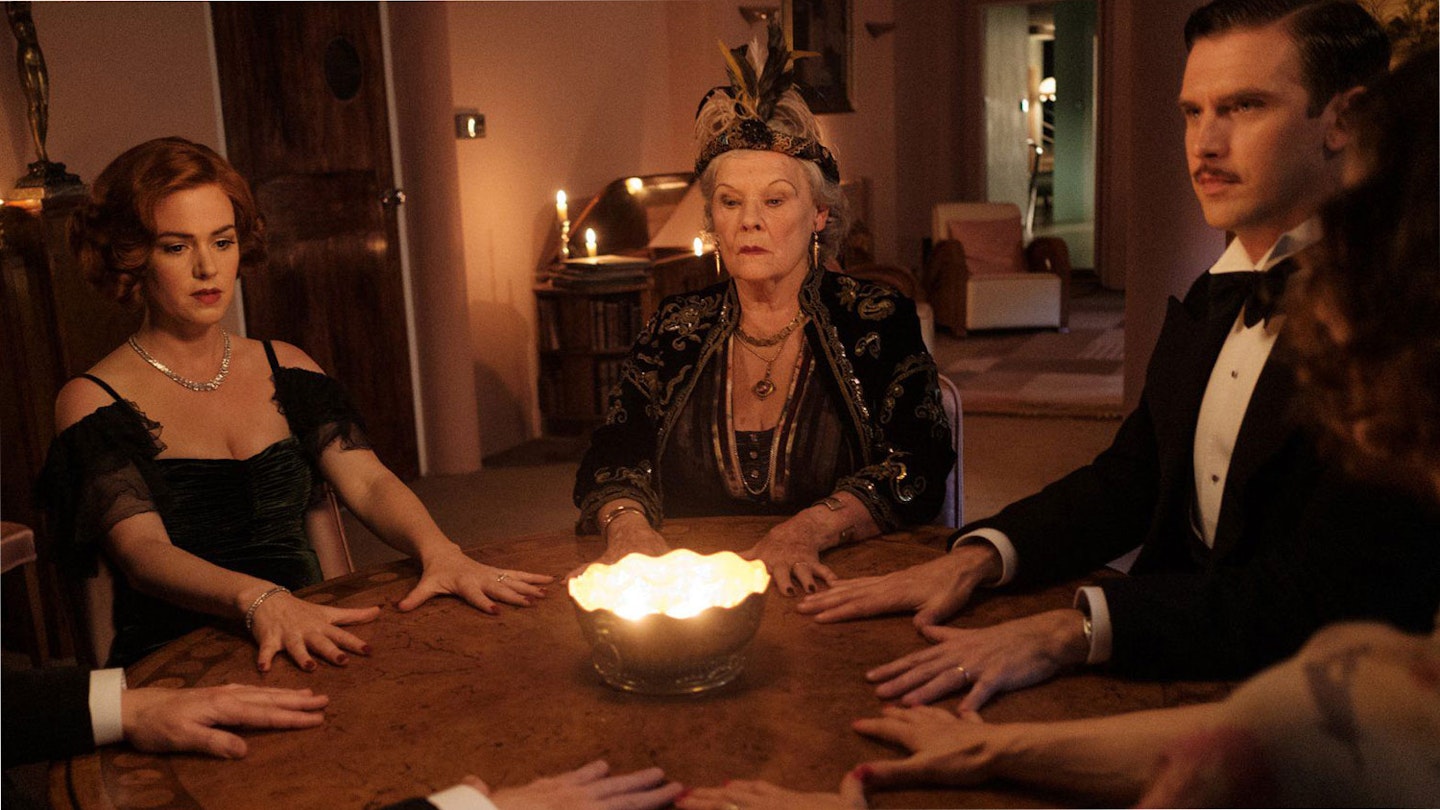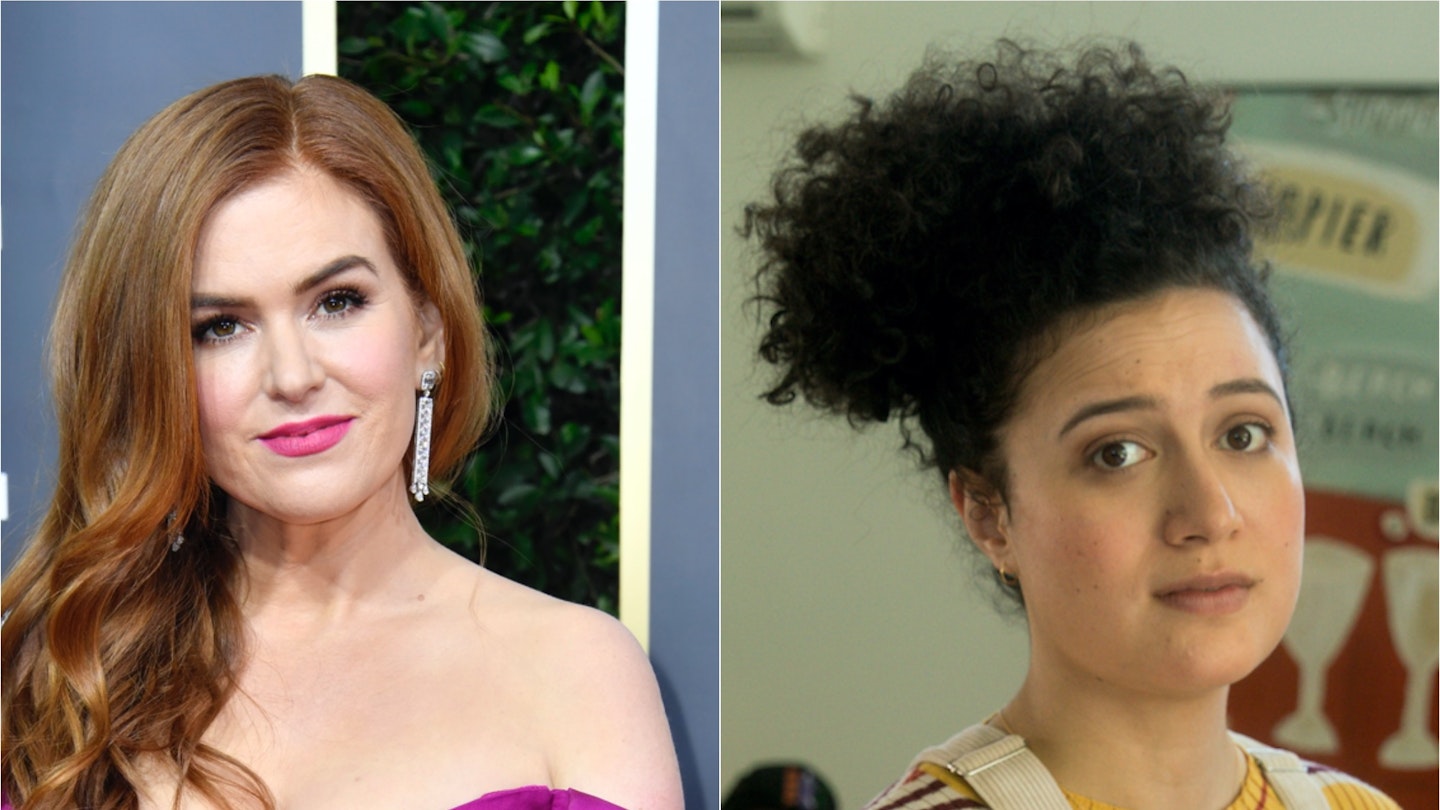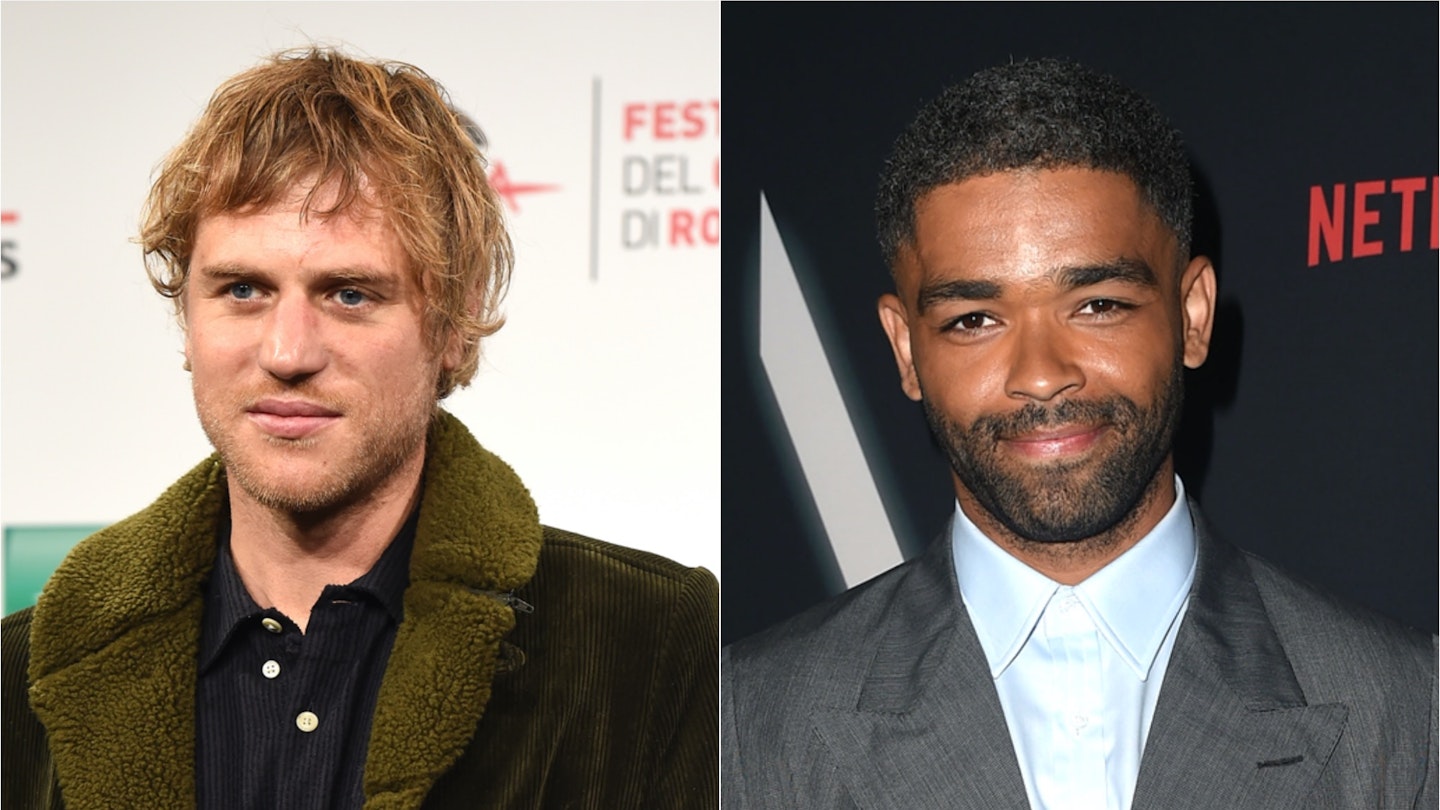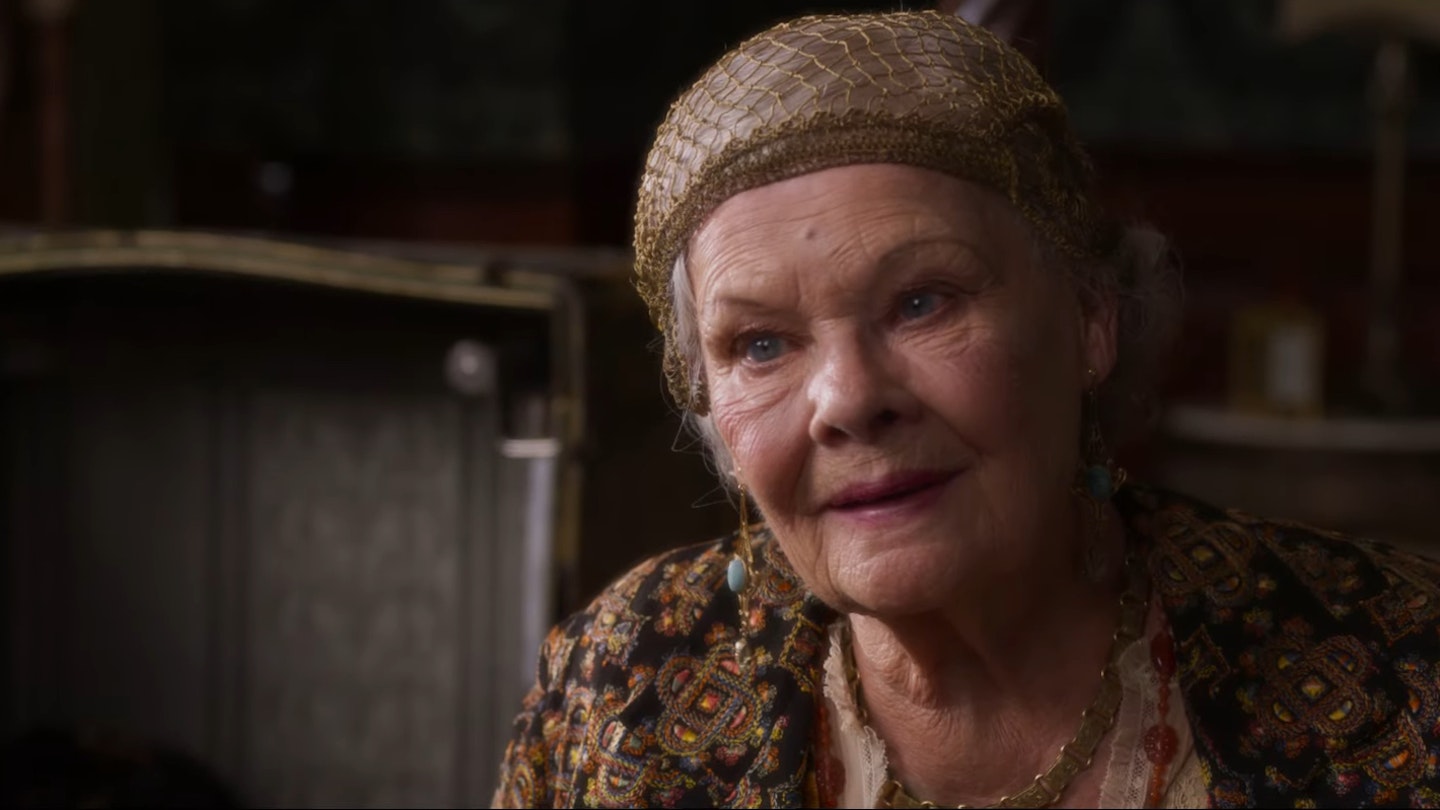The time seems apt for another revival of Blithe Spirit, with the popular resurgence of mystical practices from tarot-reading to sage-burning and witchcraft — all of which get a run-out, and a little send-up, in this 1937-set romp. Frequently revived on stage and most famously adapted for the screen by David Lean in 1945, Noël Coward’s play is a deathless comedy about mortality, creativity and sex. However, this new film, directed by Edward Hall (a veteran of theatre and prestige TV including Downton Abbey and Spooks), trades much of Coward’s wit and dramatic restraint for a story with a broader scope and broader laughs.
What makes the film tick, when it ticks, is a charmingly deranged lead performance from Dan Stevens, tweeded up to the nines and rattling around a gorgeous Art Deco mansion in the Home Counties. He plays Charles, a writer with a stack of successful detective novels to his name who is labouring through an alcoholic haze to translate one of them into a screenplay. Isla Fisher pouts and essays a gabbled, cut-glass accent in an enthusiastic but unfocused performance as his wife, who is losing patience with his literary procrastination and his underperformance in the bedroom.
Dench’s Arcati is an unexpectedly plaintive figure, baffled by her own spiritualist success and lost in her own grief, who seems to belong to another film entirely.
At first it’s not clear whether it’s the booze, the Benzedrine he pops to lift his libido, or the seance on a stormy night overseen by unconvincing medium Madame Arcati (a very welcome if underwhelming Judi Dench), but soon Charles is visited by the spectre of his dead first wife Elvira (a capricious, camp Leslie Mann, who fails to wring quite enough laughs from what should be the juiciest role in the film). Dench’s Arcati is an unexpectedly plaintive figure, baffled by her own spiritualist success and lost in her own grief, who seems to belong to another film entirely. Meanwhile, with Elvira and her knack for storytelling back on the scene, Charles’ manuscript falls into shape — but Ruth is further incensed by the ghostly platinum-blonde cuckoo in her nest.
It’s a monstrous ménage à trois, and the 1930s decor and chic costumes all add to the fun (especially when Elvira starts chucking the beautiful Clarice Cliff crockery around), but it’s unclear why the period setting was retained when so much of the original has been jettisoned in favour of plot complications and a detour to Hollywood. The biggest laughs here spring from the timeless pleasures of violent slapstick or sniggering innuendo, while the references to Wallis Simpson and Greta Garbo seem forced.
As supernatural affairs go, Blithe Spirit is oddly sparse with the special effects too — it’s easy to forget, while Elvira and Charles are sinking cocktails in the Savoy, that they don’t share the same “astral plane”. Ultimately, this fleshed-out fantasy is neither as funny, as fierce nor as fearsome as the source material.



